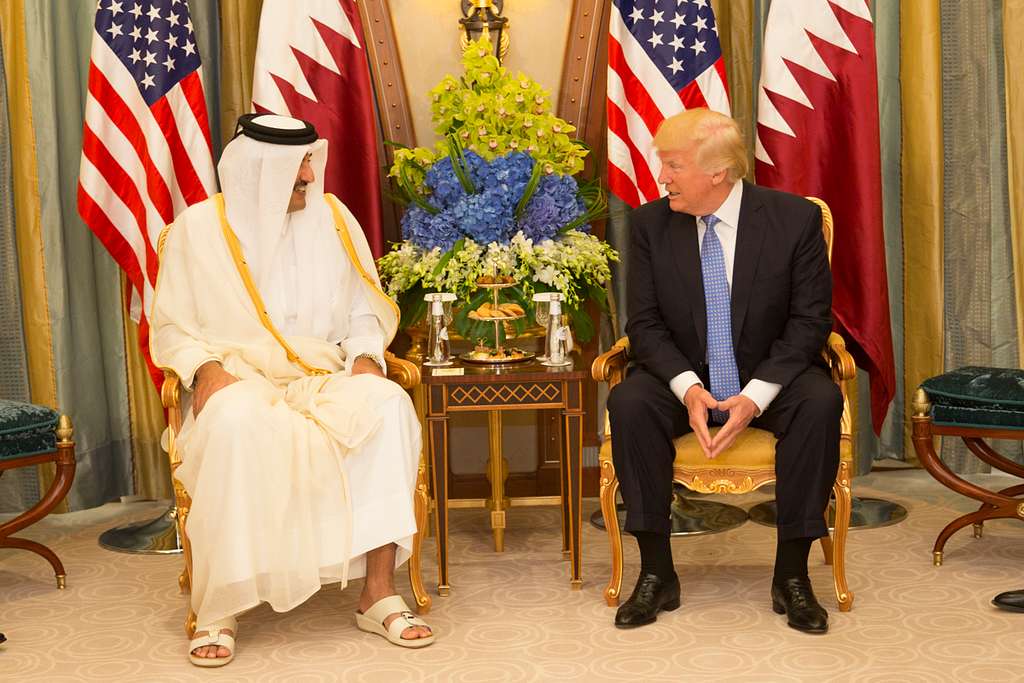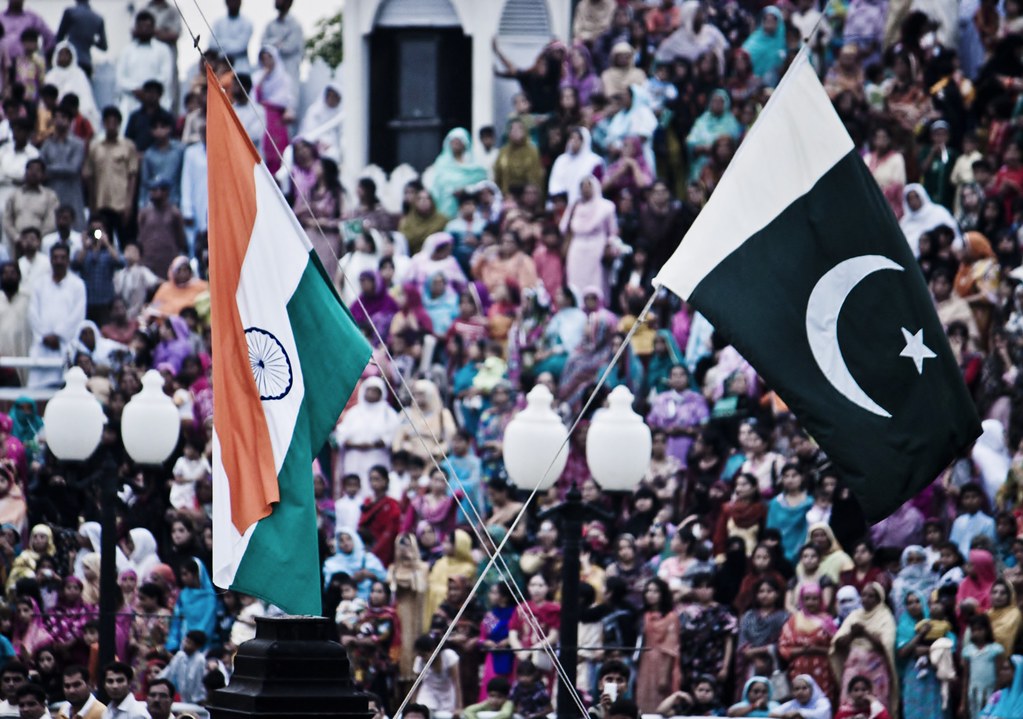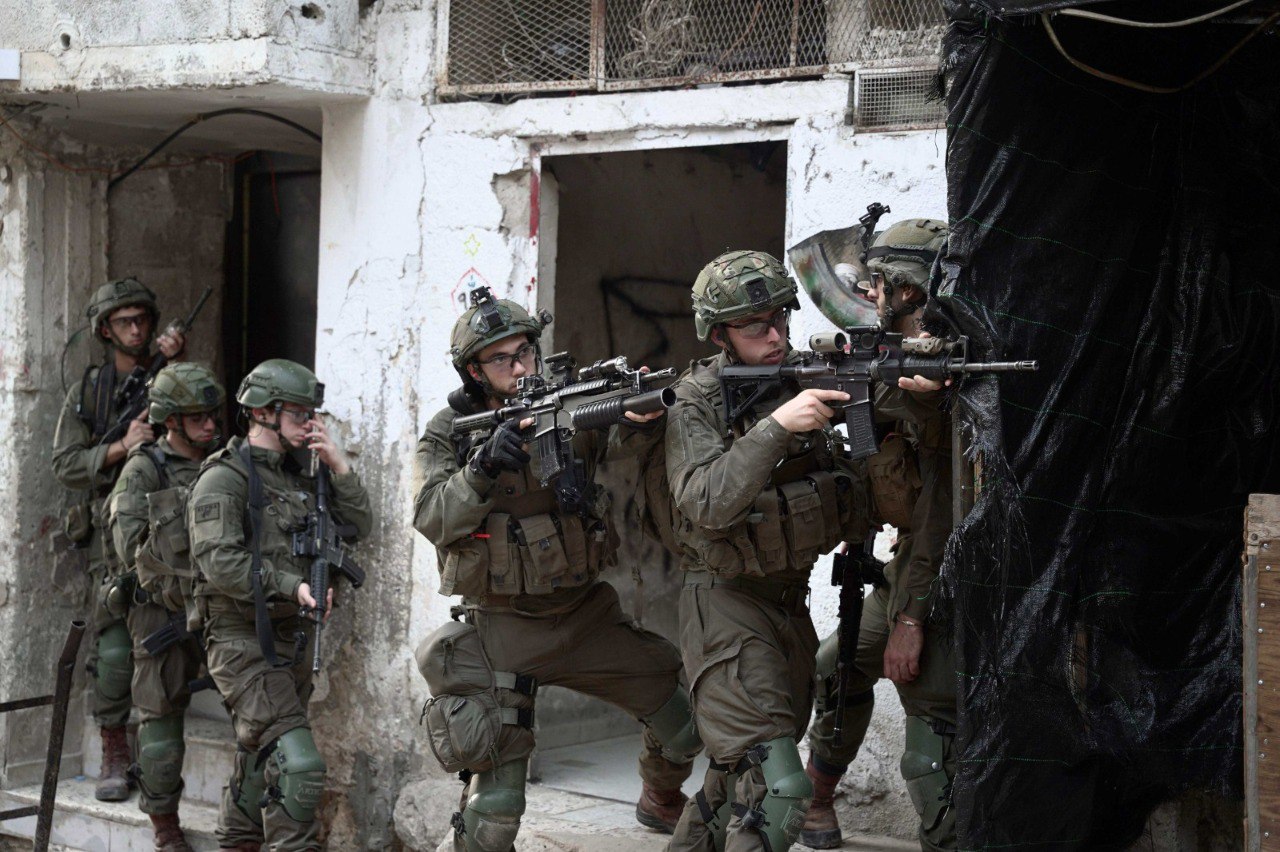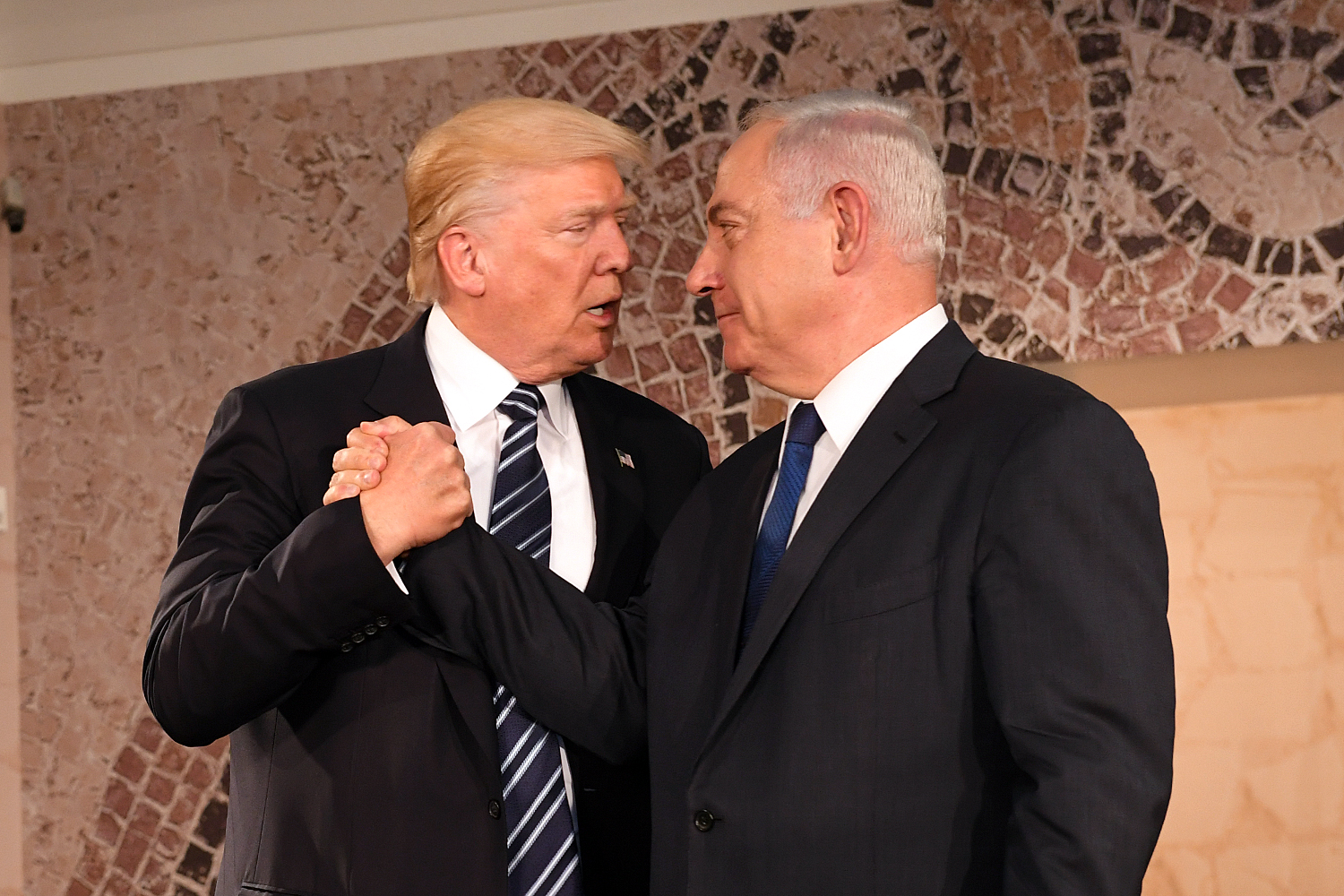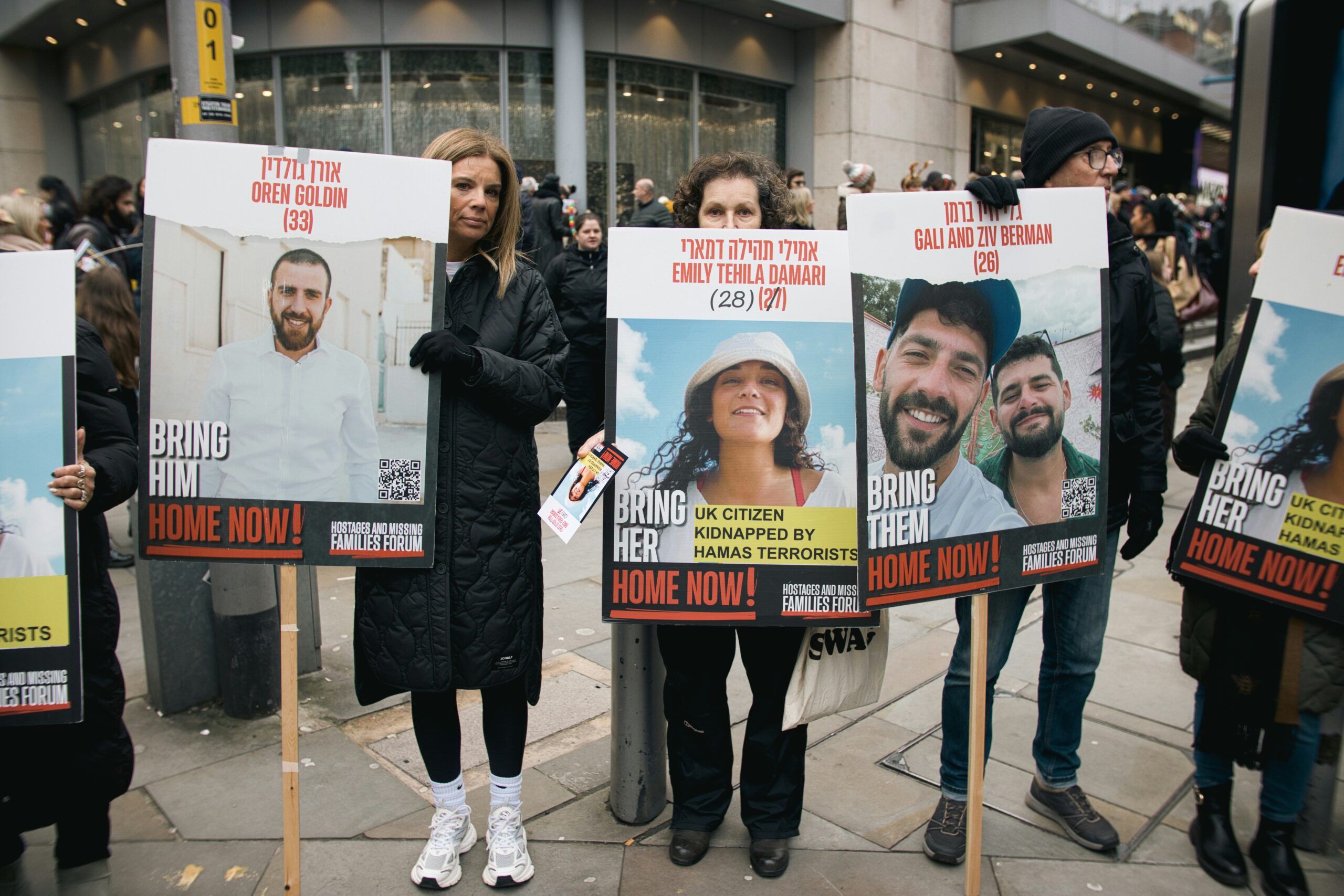The war in Ukraine grinds on, and the stench of a potential peace deal hangs heavy in the air. But at what cost?
With the specter of a deal brokered by President Donald Trump and Vladimir Putin looming, Ukraine faces a brutal calculus, a gun to its head. This isn’t just about ending the fighting; it’s about the potential dismemberment of a nation, orchestrated by a U.S. regime openly hostile to Ukraine’s interests. We have to ask: How much of its land, how much of its sovereignty, will Ukraine be forced to surrender, not just to Russia, but to satisfy the demands of a resurgent American imperialism?
The roots of this conflict run deep, a poisoned legacy stretching back to Russia’s 2014 annexation of Crimea and its cynical manipulation of the Donbas region. These were not isolated incidents; they were assaults on Ukraine’s very right to exist. And now, as Trump and Putin circle, Ukraine’s future hangs in the balance, with the added weight of a U.S. regime actively undermining its position.
Past attempts at peace? They were a charade, collapsing under the weight of Russia’s relentless aggression and a fundamental clash of visions for the region, exacerbated by American intransigence.
Now, the butcher’s bill is being presented. First, the land. Crimea, stolen years ago, is almost certainly on the table. Reports suggest a deal could legitimize this theft, with the U.S. not just tacitly acknowledging Russia’s claim, but actively pushing Ukraine to accept it.
Indeed, the Trump regime has reportedly threatened to withdraw support entirely if Ukraine doesn’t concede this territory. But the hunger won’t be sated there. The occupied territories in the Donbas, along with chunks of Kherson and Zaporizhzhia, are also in play. For Ukraine, this isn’t a matter of lines on a map. It’s about losing vital economic resources, fracturing communities, and surrendering its people to a hostile power. It’s a national amputation, forced upon them not just by Russian aggression, but by American pressure.
Then come the political demands, no less insidious. Ukraine’s aspirations for closer ties with the West, its very desire to choose its own alliances, could be strangled in the name of “peace.” Neutrality, a concept that sounds benign in diplomatic circles, translates to vulnerability for a nation bordering a revanchist power. And the whispers of internal political changes, of rewriting Ukraine’s democratic trajectory to appease Moscow, should send chills down our spines. These demands are not solely Russian; they echo the pronouncements of a U.S. administration increasingly aligned with Putin’s goals.
The architect of this potential deal? President Donald Trump. His eagerness to insert himself into this crisis raises a chilling question: Is this genuine peacemaking, or a cynical power play, a betrayal of a long-standing ally? His past pronouncements and cozy relationship with Putin cast a long shadow, raising the specter of a U.S. foreign policy driven by personal agendas and a callous disregard for international law. Can Ukraine trust him to defend its interests, or will it be sacrificed on the altar of some twisted notion of “America First”? The answer, increasingly, appears to be a resounding no.
The world watches, of course. But what does it see? Will Europe stand firm, or will it once again appease an aggressor, this time with America leading the charge? Will NATO uphold its principles, or will it crumble in the face of this challenge, with its most powerful member actively undermining its unity? The fear is that any concessions to Russia, particularly when backed by U.S. pressure, will not only doom Ukraine but embolden authoritarians everywhere. This isn’t just about Ukraine; it’s about the kind of world we want to live in. A world where borders are respected, or one where might makes right, enforced by the world’s supposed superpower.
Ukraine is being asked to make a devil’s choice. To trade land for a fragile and uncertain peace. To abandon its dreams of a European future for a precarious existence in Russia’s orbit, with the added insult of American complicity. The long-term consequences of such a deal would be catastrophic. Not just for Ukraine, but for the stability of the entire region, and for the very credibility of the West.
We must be clear: This isn’t a negotiation. It’s a shakedown, a betrayal. And the price is far too high. The Trump regime’s actions are not those of a neutral mediator, but of an accomplice to aggression.
Author
Discover more from The Crustian Daily
Subscribe to get the latest posts sent to your email.


